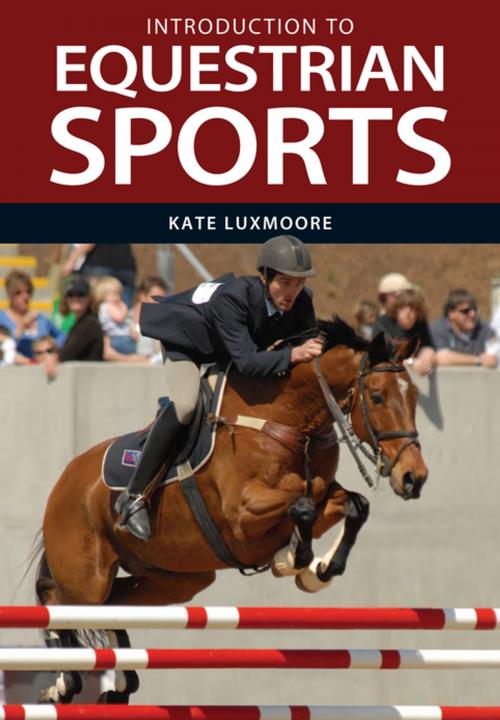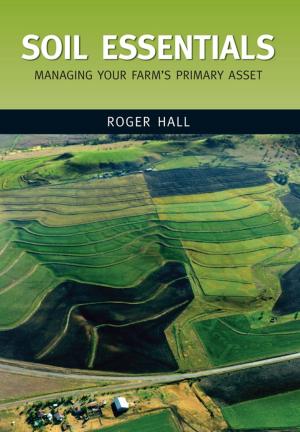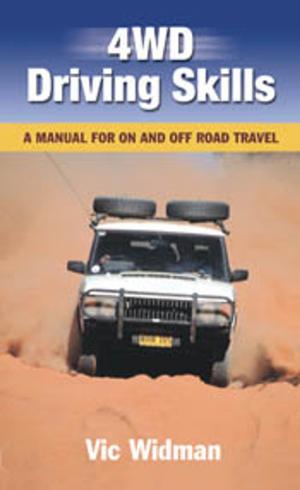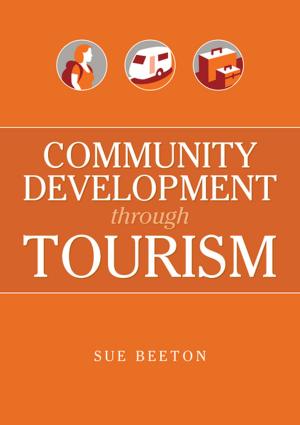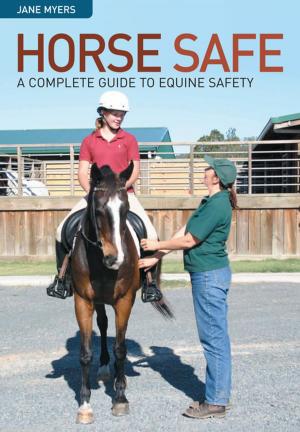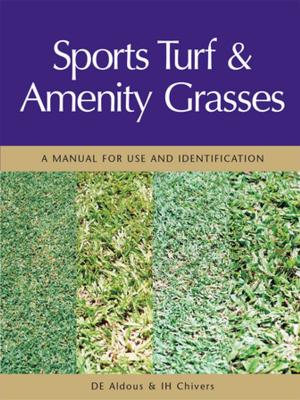Introduction to Equestrian Sports
Nonfiction, Home & Garden, Pets, Science & Nature, Nature, Science| Author: | ISBN: | 9780643099173 | |
| Publisher: | Landlinks Press | Publication: | February 11, 2008 |
| Imprint: | Landlinks Press | Language: | English |
| Author: | |
| ISBN: | 9780643099173 |
| Publisher: | Landlinks Press |
| Publication: | February 11, 2008 |
| Imprint: | Landlinks Press |
| Language: | English |
Introduction to Equestrian Sports offers parents and riders who are new to the scene detailed descriptions of what is involved in each of the four main disciplines: hacking/showing, dressage, showjumping and eventing. It is equally beneficial for those wanting to change from one type of competition to another. Each discipline description includes how it originated, its current status, types of classes, levels of competition, what rules apply, who runs the competitions and how they are judged. 'Ground rules' are explained, based on the author's considerable experience, to help take the mystery out of competitions, such as how to find out what competitions are taking place and how to enter, which classes are being judged, what to wear, what to do when you arrive, where best to park, where you can and cannot warm up, checking your gear and reporting to the judge. Other topics include how to prepare for a competition, from one month before to the night before the event, and the equipment required to compete, from choosing a horse to what rugs will be needed. Finally, illustrations of arenas, website links and examples of competition programs are provided to help beginner riders further understand their chosen sport. Introduction to Equestrian Sports is not another 'how to ride' book, but a practical, hands-on guide to make equestrian competitions enjoyable for all riders.
Introduction to Equestrian Sports offers parents and riders who are new to the scene detailed descriptions of what is involved in each of the four main disciplines: hacking/showing, dressage, showjumping and eventing. It is equally beneficial for those wanting to change from one type of competition to another. Each discipline description includes how it originated, its current status, types of classes, levels of competition, what rules apply, who runs the competitions and how they are judged. 'Ground rules' are explained, based on the author's considerable experience, to help take the mystery out of competitions, such as how to find out what competitions are taking place and how to enter, which classes are being judged, what to wear, what to do when you arrive, where best to park, where you can and cannot warm up, checking your gear and reporting to the judge. Other topics include how to prepare for a competition, from one month before to the night before the event, and the equipment required to compete, from choosing a horse to what rugs will be needed. Finally, illustrations of arenas, website links and examples of competition programs are provided to help beginner riders further understand their chosen sport. Introduction to Equestrian Sports is not another 'how to ride' book, but a practical, hands-on guide to make equestrian competitions enjoyable for all riders.
